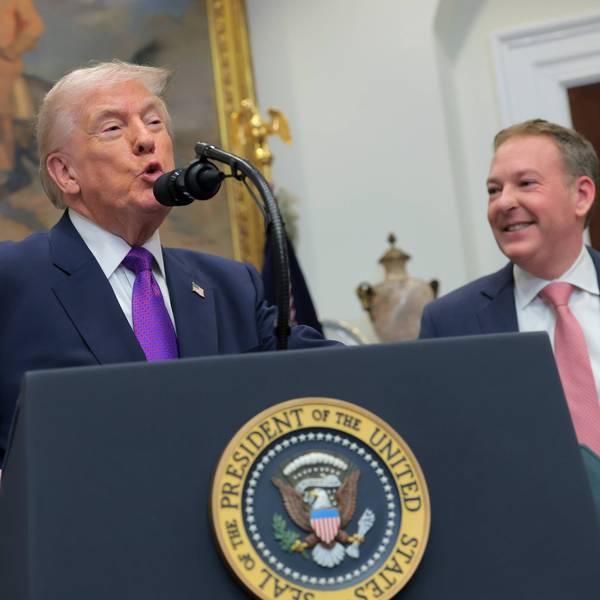In their latest legislative attack on our climate, the Republican majority in the House has written a bill that is so detrimental to our environment and communities, it may rank as the worst appropriations bill in decades.
For both our shared public lands and oceans, the bill carves out giveaways for the fossil fuel industry that go against not only our climate goals but also common sense. Instead of recognizing that federally managed lands and oceans host a myriad of uses and industries and contribute in countless ways to the national economy, the House majority seems to view them as having one purpose: unabated production of oil, gas, and coal.
The Republican majority’s latest in a series of attempts to hand over our public lands and waters to Big Oil, this bill strips away the Department of Interior’s land and ocean management discretion. In doing so, it tips the scales toward congressional control of the oil and gas leasing process, dictates the number of lease sales the administration must offer, and overrides any commonsense considerations as to which areas should or should not be leased.
At a time when we need to act swiftly on climate, these congressional proposals to write fossil fuel interests into law undermine the progress we need to make to tackle the climate crisis.
For offshore ocean areas, House Republicans have proposed:
- A new mandate that each five-year leasing program include at least two offshore oil and gas lease sales in the Gulf of Mexico every year. This requirement has the effect of removing authority from the agency to decide the amount of lease sales needed to “best meet our national energy needs,” a requirement of existing law.
- An expedited environmental impact statement on the upcoming five-year program and timing requirements on starting and approving subsequent future five-year programs to avoid significant gaps in programs to force continuous leasing.
- A new requirement that at least two lease sales in the Gulf of Mexico and two lease sales in Alaska are held every year to ensure that offshore oil and gas leasing occurs yearly regardless of the status of the five-year program.
- Additional requirements to offer all un-leased areas that aren’t strictly off limits—regardless of impacts to endangered species, sensitive habitats, vulnerable ecosystems, or other conflicts—further restricting the discretion of the agency to decide which areas to include in a lease sale.
For onshore federal public lands, House Republicans have proposed:
- A mandated leasing system that requires the Bureau of Land Management (BLM) to hold four leases per year in each of nine specified states.
- Required, expedited lease sales upon the completion of all required administrative and environmental review.
- Elimination of the BLM’s discretion to apply any meaningful ecosystem or environment-related screens over what lands are eligible and available for oil and gas leasing, instead requiring that all lands deemed available under applicable resource management plans be immediately eligible for nomination.
- A requirement that BLM honor all industry nominations for leasing, regardless of prudent considerations like conflicts with sensitive or endangered species, potential for development, or any other rational screen that might help mitigate environmental and other harms to shared public lands.
- Required additional sales or resales if mandated lease sales fail to attract sufficient industry participation, resulting in an extraordinarily inefficient burden on BLM’s resources (which this bill also slashes to draconian levels).
At a time when we need to act swiftly on climate, these congressional proposals to write fossil fuel interests into law undermine the progress we need to make to tackle the climate crisis. To say these provisions would have devasting impacts to both climate and communities would be an understatement. This effort by the Republican House majority is a slap in the face to the millions of Americans suffering through weeks long heat waves and devastating floods and who are looking to Congress for solutions to meet this historic and challenging moment.




